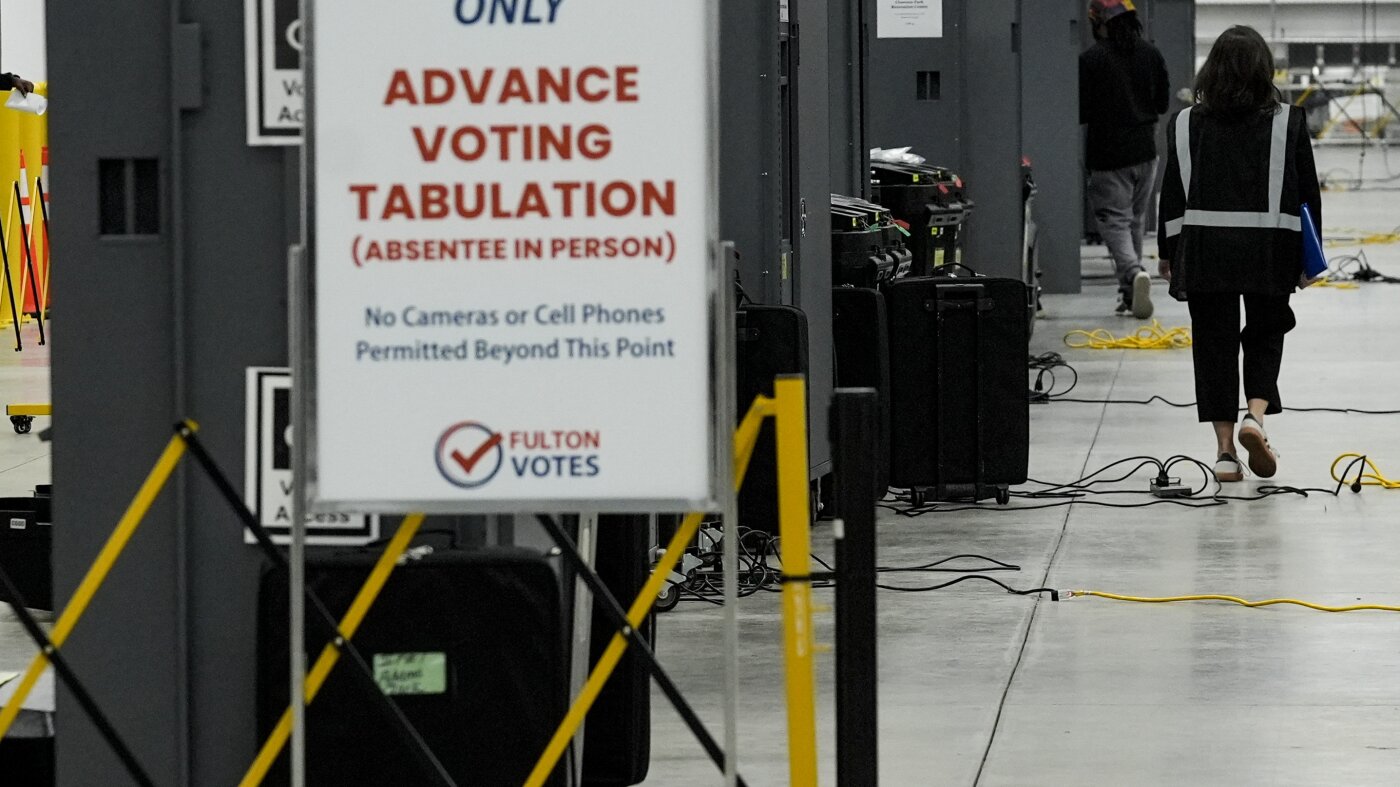Investing in technology companies involves weighing up expected quantities of jam today, jam tomorrow and jam at some unknown future date. Facebook parent Meta Platforms and Microsoft are serving up just enough of each.
Both reported earnings on Wednesday that — like Google parent Alphabet the previous day — outpaced what analysts expected. Microsoft’s cloud computing business increased revenue by 22 per cent, a little faster than the previous quarter. Meta’s sales of advertising increased by 19 per cent, and it exacted 11 per cent more per ad than a year earlier. Today’s jam, then, is safely taken care of.
Tomorrow is less certain. Since artificial intelligence mania took hold, quarterly earnings have become a kind of sanity check, whereby investors reassess how they feel about tech companies’ lavish investment plans. Steady share prices depend on corporate chiefs like Meta’s Mark Zuckerberg and Microsoft’s Satya Nadella walking a fine line between being bullish about AI’s potential and remaining credible about its financial returns.
On that front, the $1.5tn-valued Meta is in the more precarious position. It has told investors to brace for “significant acceleration” in capital expenditure next year. Spending is already double what it was three years ago, weighing in at a quarter of revenue. Like Microsoft, Meta is buying chips and servers, but where Microsoft in effect rents space in its cloud to clients, Meta’s is largely for its own use.
Meta’s other challenge is that, compared with some of its peers, its boldest prospects are relatively long-tailed. That makes it different from chipmaker Nvidia, say, which sells AI-enabling silicon for real money. Microsoft already has recurring revenue from corporate customers. Facebook, meanwhile, is building new products such as social network Threads, virtual assistants and AI-generated video ads with yet-to-be determined value.
Zuckerberg has at least read the room, and is making the case that AI will bring near-term pay-offs too. More than 1mn advertisers used Meta’s generative AI tools in the past month, for example, and the company thinks those tools make users 7 per cent more likely to click. Analysts have raised their forecasts for Meta’s revenue in 2026 by $30bn over the past year, to $210bn, according to LSEG.
As for the distant-future jam — such as the recently unveiled augmented-reality holographic glasses the company describes as “the next great leap” — investors aren’t putting much weight on that at all. Meta’s share price has risen 70 per cent this year, but that still implies almost $400bn of negative value for its far-out bets, Morgan Stanley analysts believe. Big ideas can drive big valuations, but only up to a point.
john.foley@ft.com


































